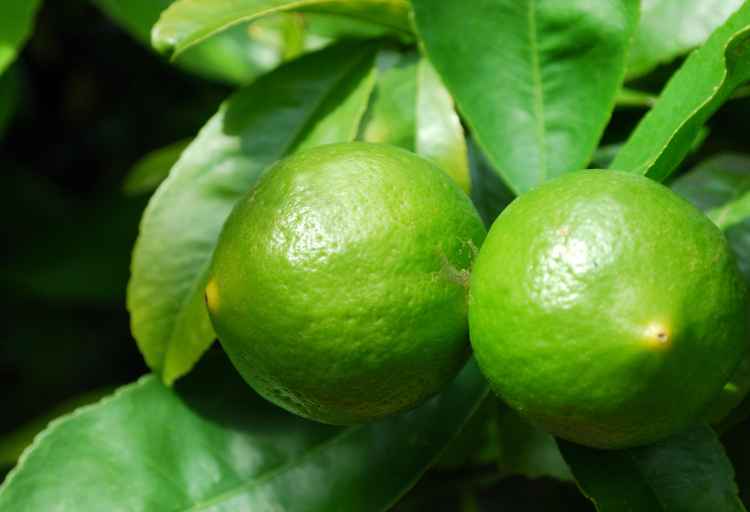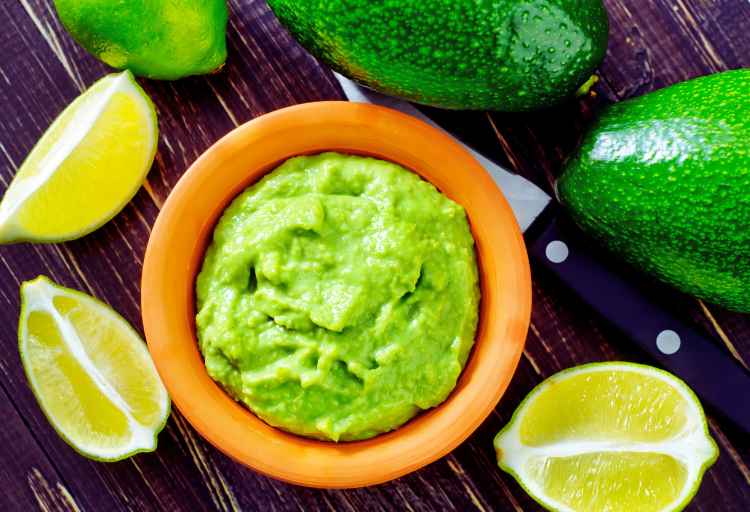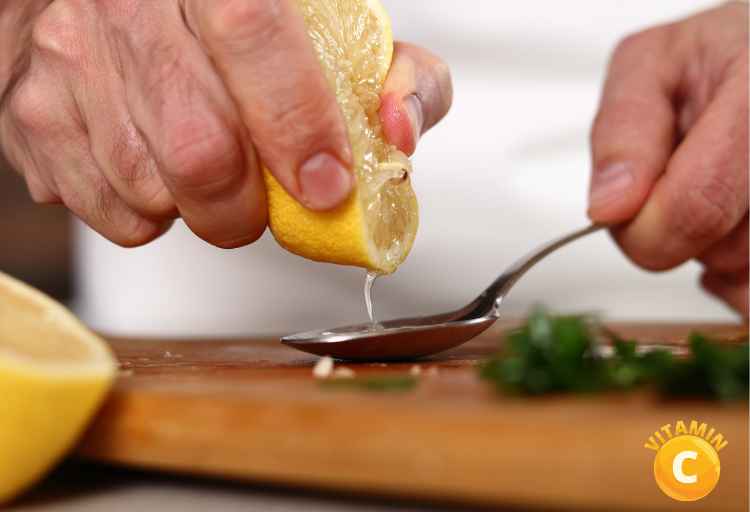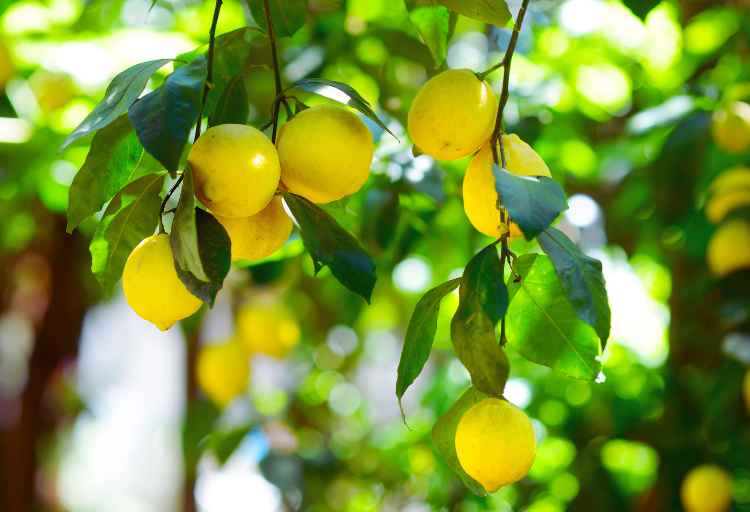Are Unripe Lemons Poisonous? Separating Fact from Fiction
When it comes to citrus fruits, lemons are a staple in kitchens and households worldwide.
Known for their vibrant color, zesty flavor, and numerous health benefits, lemons are a versatile ingredient used in cooking, beverages, and even cleaning solutions.
But what happens when you encounter an unripe lemon? Are unripe lemons safe to eat, as some rumors suggest?
Are unripe lemons poisonous? Unripe lemons are not poisonous. While they may have higher levels of compounds like citric acid and alkaloids, they are generally safe to eat in moderation, causing no significant harm to most individuals.

Contents
Are unripe lemons poisonous? The Nutritional Value of Lemons
Before addressing the question of whether unripe lemons are poisonous, it’s essential to understand the nutritional value of lemons.
Lemons are an excellent source of vitamin C, a powerful antioxidant that supports the immune system, aids in collagen production, and promotes healthy skin.
They also contain vitamin B6, potassium, and dietary fiber, all of which contribute to a balanced diet.
Ripe vs. Unripe Lemons: can you eat a green lemon?
Ripe lemons are characterized by their bright yellow color, which indicates that the fruit has fully matured and is ready for consumption.
These lemons tend to be juicy, slightly sweet, and highly acidic – qualities that make them a popular ingredient in cooking and beverages.
Unripe lemons, on the other hand, are often green and less juicy. The flavor can be more bitter and astringent compared to its ripe counterparts.
The Potential Risks of Consuming Unripe Lemons
The claim that unripe lemons are poisonous stems from concerns about certain compounds present in the fruit.
Unripe lemons, like many unripe fruits, contain higher levels of compounds such as alkaloids and citric acid.
Alkaloids are naturally occurring compounds found in some plants, and while some can be toxic in large quantities, the levels present in unripe lemons are generally not considered harmful when consumed in moderation.
Citric acid, a prominent component of all lemons, can cause digestive discomfort in some individuals when consumed in excess.
Unripe lemons might have higher concentrations of citric acid, potentially leading to a more sour taste and increased digestive issues for those with sensitive stomachs.
The Truth about Poisoning from Unripe Lemons
Contrary to the alarming claims of can you eat an unripe lemon? consuming unripe lemons is not likely to result in poisoning or severe health issues for the average person.
The compounds found in unripe lemons are present in small amounts and are not typically dangerous when consumed in moderation.
The human body is well-equipped to process and eliminate these compounds without causing harm.
It’s worth noting that individuals with certain medical conditions, such as citrus allergies or sensitive digestive systems, might experience discomfort when consuming unripe lemons or large amounts of citric acid.
However, this discomfort is not the same as poisoning and is more related to individual sensitivities.
Moderation is Key
As with most foods, moderation is key when consuming lemons, whether they are ripe or unripe.
While unripe lemons are not poisonous, they might not offer the same pleasant taste and nutritional benefits as their ripe counterparts.
It’s recommended to wait until lemons have fully ripened to enjoy the best flavor and texture. If you’re using lemons for their juice, ripe lemons are likely to yield more juice and a sweeter taste.
Safe Uses for Unripe Lemons
While unripe lemons might not be the ideal choice for culinary purposes, they can still find their place in various applications.
Unripe lemons contain higher levels of pectin, a natural thickening agent often used in jams and jellies.
Additionally, unripe lemons can be used for cleaning purposes due to their higher acidity, which can help break down stains and mineral deposits.
Conclusion
The notion that unripe lemons are poisonous is largely a misconception. While unripe lemons might not offer the same flavor and nutritional benefits as ripe lemons, they are not toxic or harmful in moderation.
The compounds found in unripe lemons are unlikely to cause poisoning or serious health issues for the majority of people.
As with any food, it’s important to consume lemons, whether ripe or unripe, in sensible amounts to avoid any potential discomfort.
So, the next time you come across an unripe lemon, you can rest assured that it’s not something to fear, but rather an opportunity for unique culinary or practical uses.
FAQs
Are unripe lemons toxic?
No, unripe lemons are not toxic. While they contain higher levels of compounds like citric acid and alkaloids, consuming them in moderation is unlikely to cause harm.
Are green lemons safe to eat?
For most people, consuming unripe lemons in small quantities is not likely to make them sick. However, excessive consumption might lead to digestive discomfort in some individuals.
Can you eat unripe lemons?
Eating an unripe lemon is generally safe. You might experience a more bitter or astringent taste due to higher citric acid levels, but it is unlikely to result in serious health issues.
Are there any benefits to using unripe lemons?
Unripe lemons can be used for their higher pectin content in jams and jellies. They also have cleaning applications due to their increased acidity, useful for breaking down stains and deposits.
What to do with unripe lemons?
It’s recommended to wait for lemons to fully ripen for optimal flavor and nutritional benefits. Ripe lemons are sweeter and contain more juice, making them better suited for culinary use.






